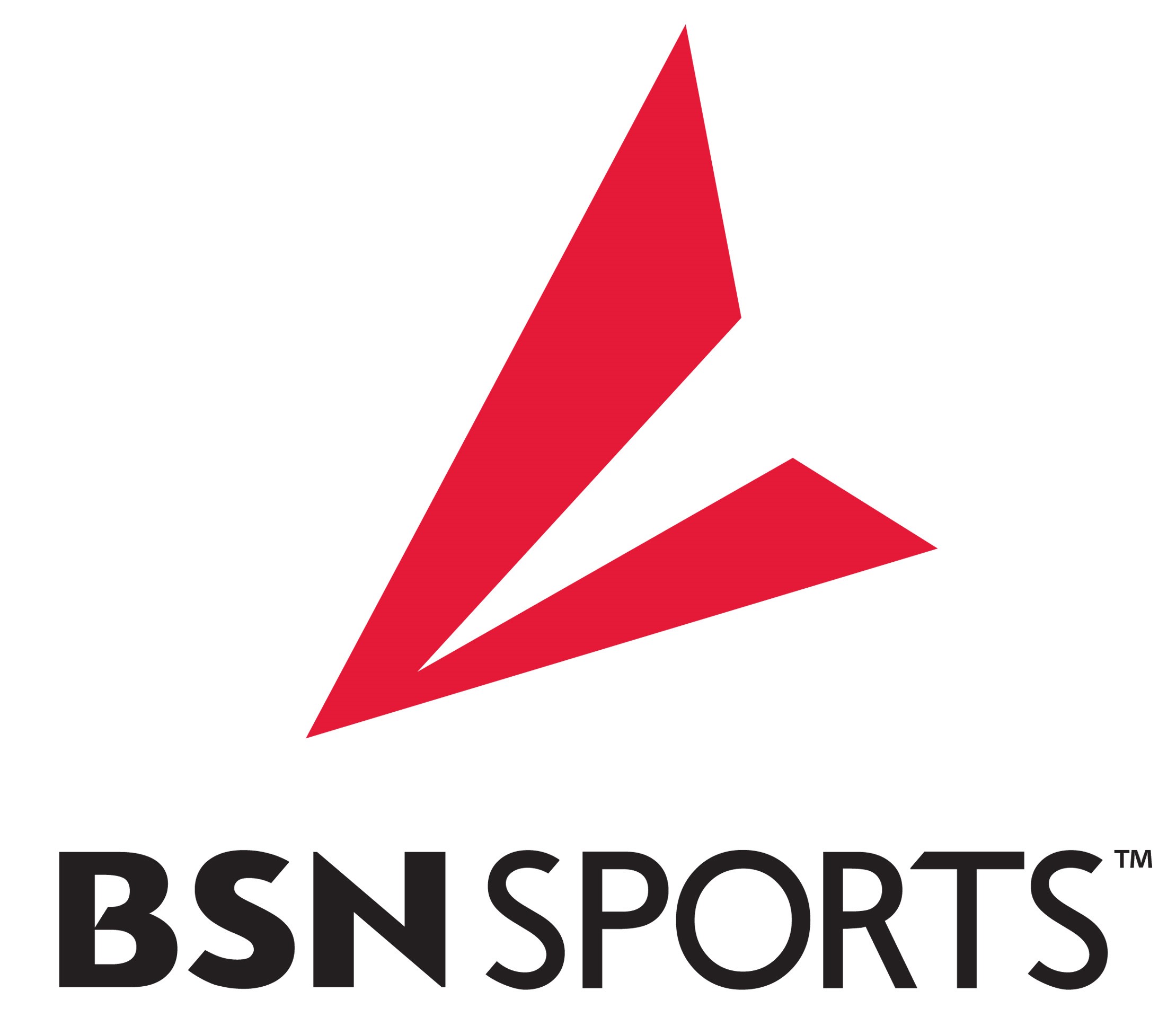Current Section
Code of Ethics
Preamble
All high school football coaches must realize the game is played for the benefit of the participants. An emphasis will be placed on developing life long values. Coaches are role models and will set positive examples for players, parents, and spectators. The Code of Ethics has been developed to stress operating within specific coaching guidelines that brings credit to the team and school.
Article One - Responsibilities to Players
- A coach must be aware of the influence he has on his players. All actions are expected to follow the rules of proper sportsmanship and respect the dignity of his players and the opposition.
- All coaching techniques and decisions will be within the rules of the game. Every effort must be made to abide by high principles that promote mutual respect between the coach and his players.
- It is in the best interest of all for the coach to consult trained medical personnel when injuries take place. The orders of the physician or certified athletic trainer must be followed.
- Medication and treatment should be administered only with the direction of a physician or trained medical personnel.
- All coaches are expected to know eligibility rules and apply them uniformly.
- Prime consideration must be given to the academic performance of the players.
Article Two - Responsibility to the School
- The primary function of the coach is to educate students through participation in the game of football.
- A coach is an employee of the school and is expected to conduct himself in a manner that brings credit to the institution.
- All football players are expected to follow school policies and will be reminded by the coach to seek academic success.
- The coach must be sensitive to the fact that he is responsible for promoting a positive image for the program in the district.
Article Three - Rules of the Game
- The rules and suggestions in the National Federation Rule Book are an integral part of the code and must be followed.
- Every coach has a responsibility to know the rules and to teach them to his players.
- The coach will promote sportsmanship and respect for the opponent through teaching proper techniques consistent with guidelines provided by the National Federation.
- Proper blocking, tackling, alignment, use of the clock, etc. will be promoted through maintaining high ethical standards in practice and games.
- Coaches should stress that on field communication should be between teammates only.
- Good sportsmanship habits are formed on the practice field. The coach will provide direction to guarantee that proper standards are followed at all times.
Article Four - Officials
- Officials will have the respect and support of the coaches and players. Comments during and after the game must focus on the players.
- Coaches and officials are required to attend WIAA Rules Interpretation Meetings and stay informed on rule changes. Players should be made aware how rules are interpreted.
- Officials should be treated in a courteous manner and be provided a private room for meeting and dressing. Concerns about officials should be expressed to the WIAA in writing.
- Public showing of video contradicting an official’s decision has no real value and is considered unethical. Quick decisions must be made during games and officials will make the best decision at the time.
Article Five - Public Relations
- Use courtesy, honesty, and respect in all dealings with the media.
- Coaches should instruct their players as to proper conduct when being interviewed by the media.
- Professional, school, and family matters must be kept private.
- Comments about upcoming games should be limited to promoting the contest.
- Coaches will maintain a level of professionalism that will transcend any reference to predicting outcomes or gambling.
Article Six - Scouting
- It is considered ethical to scout opponents only during games or agreed upon scrimmages. The head coach is responsible for the actions of his scouts.
- Conference rules must be followed with respect to exchange of game films.
- Video scouting is acceptable as long as it is done from the stands.
- Video exchange between teams playing each other in the playoffs is encouraged.
Article Seven - Other Responsibilities
- Before and after the game opposing coaches should meet and exchange greetings.
- Coaches should help to improve school sportsmanship through working with the advisors to the cheerleaders and pep club.
- The coach should limit his comments about the game to members of his team and encourage his players to do the same.
- It is ethical to limit all rewards, celebrations, etc. to the team and to respect the dignity of the opponent.
- The coach must follow all rules and regulations as determined by WIAA policy.

















